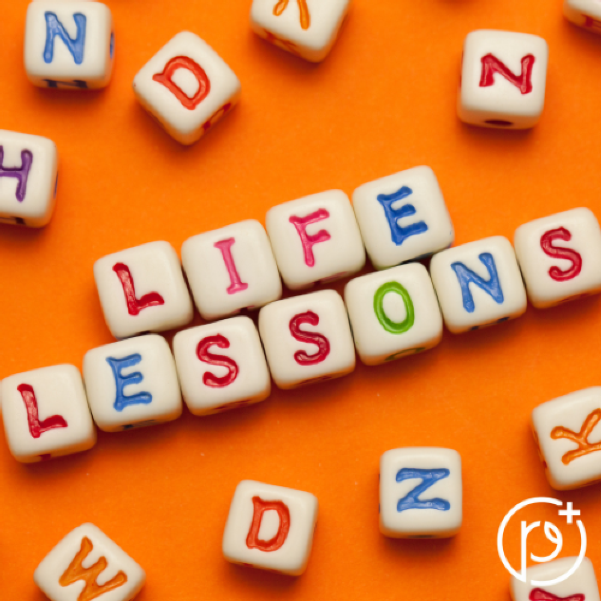Crises
Saturday, 17 September 2022
There are so many crisis’s (crisi?) going on at the moment, I had to google the proper plural of crisis - which is crises. There's of course the pandemic crisis (shout out to everyone as the second wave has quickly been slapped back). Then there's the inflation / cost of living crisis, the house price crisis, the multiple European crises that are happening (RIP QUEEN) the .. well, you get the point: lots happening.
The term 'healthcare crisis' has been thrown around lately, too. And again, we really need to pluralise this, as there are multiple issues in the healthcare service at the moment, and each one is important. There is the burnout of healthcare professionals, lack of staff (particularly nursing staff in our aged care sector), delays in both our primary and secondary healthcare due to COVID precautions, the widening health gap in our community, and supply chain issues with some medicines.
I want to quickly focus on the crisis that isn’t getting too much attention, and that is the mental health crisis in our teens and younger people in our communities across the motu. I'm privileged to have been at the Roslyn Pharmacy now for over 15 years, long enough to see certain trends in our community. For example, when we purchased the business, photo film processing was 15% of the turnover - remember them? One trend that is just as irrefutable is the amount of antidepressants being prescribed to younger patients. (Data from USA show that in 2015-2019, antidepressant prescriptions rose 38 percent for teenagers vs a 15% increase in adults.)
The rise in dispensing has coincided with the rise of mobile phones and social media in our society. But we have also seen a rise since COVID, as teens became more isolated, with less face-to-face contact. There has been a sense of loss of control with the pandemic, which can result in other mental health issues, such as eating disorders. Today's teens hit puberty earlier than they did in previous generations (girls in the 1990s entered puberty around 14 years old, vs 12 years old today). During puberty the brain becomes hypersensitive to social information. The young brain is overloaded with so much information that it doesn't know how to process, and therefore doesn't know how to respond. As a parent to teenagers, I understand some of the challenges that this amazing group of people are facing, and I understand how incredibly difficult it can be to communicate with them. When we are told that ‘we don’t understand’, it's probably because we don’t.
But we need to show that we are here to help. We need to recognise the signs. We need to look for changes in behaviour, such as disinterest in eating or changes to sleeping patterns. We need to approach with sensitivity: talk about an issue with compassion, not blame.
Suggest healthy ways to manage emotions: exercise, journaling, meditation. Get support and the correct diagnosis. Seek help from a trusted doctor. You can also talk to LIFELINE - 0800 LIFELINE (0800 543354) or free text HELP (4357), both of which provide free, confidential support. Finally, don’t forget the basics: good nutrition, enough sleep (developing brains need 8-10 hours sleep) and exercise.
The good news is that acceptance and awareness of mental health issues is on the rise! Please talk to someone if anything in this article is of interest. Any thoughts or comments, please don't hesitate to email me.







